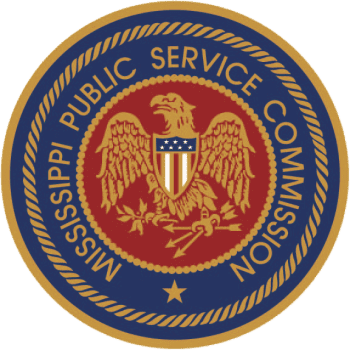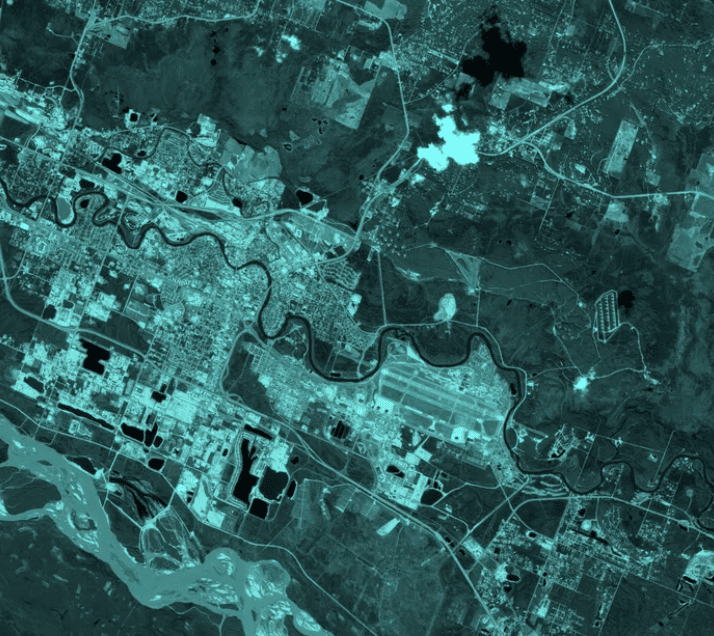
The new amendments will now be referred to as the “Net Renewable Generation Rules.”
At today’s Mississippi Public Service Commission amendments to the former Net Metering and Interconnection Rules were approved in a bipartisan vote.
“It is my honor to serve as Commissioner during the final adoption of the Net Renewable Generation Rules,” Central District Commissioner Brent Bailey said. “These new rules will make Mississippi open to business to clean energy technology developers, manufacturers, and installers, and will help boost low-income opportunities allowing Mississippians to experience the cost-saving benefits of solar energy. It has been my pleasure to work with customers, utilities, renewable energy businesses, clean energy advocates, other stakeholders, and my colleagues to improve our MPSC distributed generation policy. This policy standardizes the opportunities for individuals and businesses to invest in distributed energy resources to offset all or a portion of their overall energy use with electricity generated from on-site resources.”

The newly adopted rules include policies will attempt to increase solar adoption across the board, enhancing grid reliability and economic development, in addition to improving access to solar for low- and middle-income residents.
“I am proud to have worked over the past 18 months to remove market barriers for consumers who want to generate their own electricity. This well-balanced rule will allow for real opportunities for the creation of good paying blue collar jobs in the solar industry. Mississippians grow their own food and fix their own vehicles and deserve to have the chance to generate their own electricity and save themselves money. This balanced, measured approach by the PSC opens the door of opportunity. Also, under our Solar for Schools program, school districts will have the opportunity to maximize the value of their lands and see savings that can be passed on to taxpayers and hopefully lighten the onerous costs borne by parents and teachers for such things as classroom supplies,” said Northern District Commissioner Brandon Presley.

Net generation will allow property owners who have distributed generation capacity from solar panels or wind turbines to sell their excess power capacity back to the grid in the form of credits.
This opportunity was originally addressed in January 2021, pursuant to the reopened directive of the original December 2015 Order Adopting Net Metering, in order to contemplate necessary revisions to the Rules.
After that reopening, multiple parties submitted comments to be reviewed by the Commission and incorporated into a Draft Rule that was published in the docket and with the Secretary of State in January of 2022.
The Commission staff reviewed the comments, as well as those submitted at a public hearing and prepared a Final Order Amending the Rules.
The amendments are as follows:
- The names of the Rules and terminology throughout the Rules were amended to reference “Net Renewable Generation” as opposed to “Net Metering.” These changes were made to better reflect the type of Distributed Generation program made available under the Rules, which is not traditional net metering, but rather a more general compensation program for behind-the-meter distributed generation.
- The Order retains the 2.5 cents/kWh Distributed Generation Benefits Adder, but grandfathers it in for a period of 25 years. The low-income benefits adders is likewise grandfathered in for 25 years.
- Eligibility for the low-income benefits adder has been expanded to include customers with annual household incomes of up to 250% of the federal poverty level.
- The Rule now includes meter aggregation provisions, which allow customers with multiple meters to use the energy generated by one distributed generation (DG) system to offset their usage on all eligible meters. To be eligible for aggregation, all meters must be located on the same premises or within the service area of the customers’ current electrical provider.
- DG customers are no longer required to transfer RECs to their utilities as a condition of receiving the 2.5 cents per kWh Distributed Generation Benefits Adder; however, if a customer elects to receive an up-front rebate, that customer may be required to transfer their RECs as a condition of receiving the rebate.
- The definition of Net Generation has been revised to note that special metering requirements are obviated with the use of advanced metering infrastructure / smart meters.
- The Rule now expressly states that battery storage systems shall not affect the total nameplate capacity of a customer’s DG system.
- System capacity limits under the Rule will now be measured in terms of alternating current rather than direct current.
- The previous hard 3% participation cap has been modified and increased. Now, utilities may seek commission approval to refuse additional DG customers if and when participation reaches 4% of the utility’s total system peak demand.
- Similarly, rather than including a mandatory reopener provision, the Rule now permits the Commission to exercise its discretion in deciding whether to reopen the rulemaking for additional changes at the earliest of either 5 years from the date of this Order, or the point at which total net distributed generation capacity reaches 4% of the utilities’ system peak demand.
- The utilities’ annual net generation reports must now also include the total number of DG customers receiving the low-income benefits adder.
- Finally, the working group provision of the Rules has been retitled and revised to expand the purpose of the group beyond consumer protection. Now, a joint inter-agency working group shall meet biannually for the continued monitoring and consideration of the efficacy and fairness of the Rules, and shall present any recommended action items to the Commission by Jan. 30th each year.
In addition to these amendments to the Rules themselves, the Order sets forth provisions instructing the utilities to make separate filings for the approval of Solar-for-Schools programs and up-front rebates for distributed generation systems. This initiative will give public schools an opportunity to grow energy savings, reinvest in academic programs, and make students aware of these new technologies.











